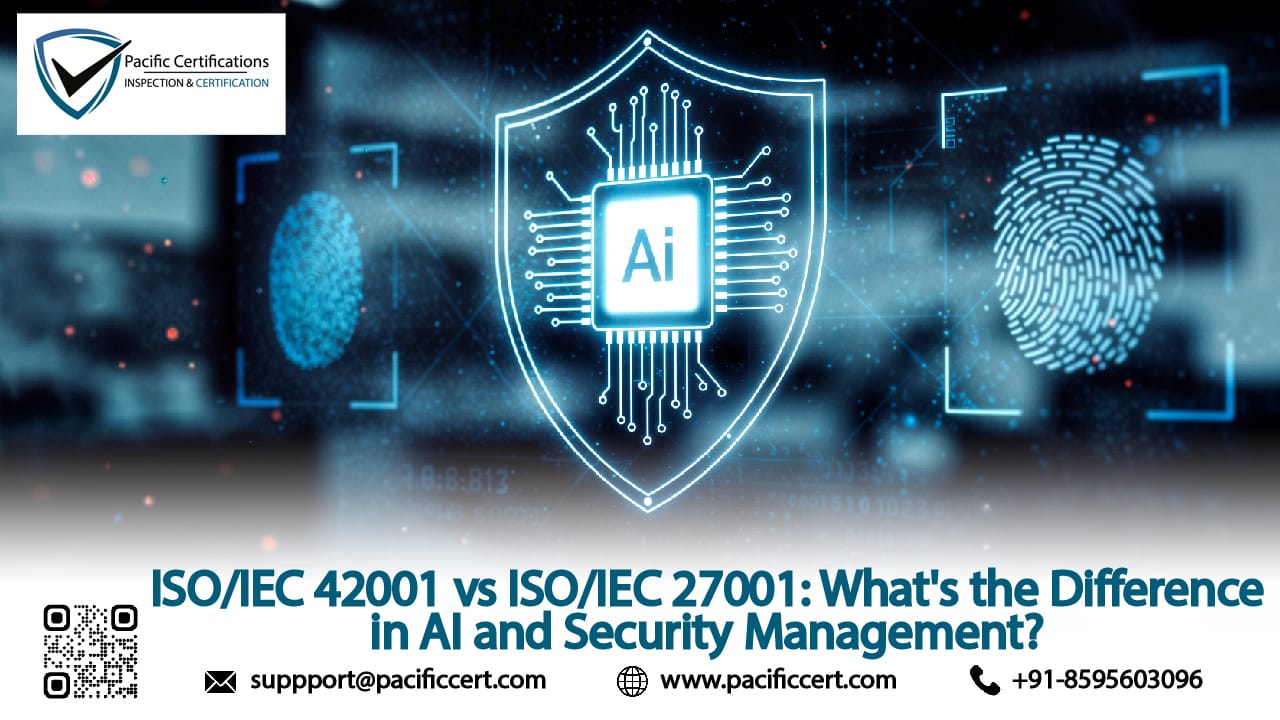
ISO Certifications for Medical devices
ISO Certifications for Medical Devices are essential for ensuring the safety and quality of medical devices. Manufacturers that comply with these standards show their commitment to delivering reliable and effective products to the market, which is critical in the healthcare industry.
The most prominent certification for medical devices is ISO 13485, which provides a framework for the quality management system (QMS) of medical devices manufacturers. This standard emphasizes risk management, process control and compliance with regulatory requirements specific to the industry. It covers everything from design and development to production, installation, and servicing of medical devices.
Additionally, manufacturers also need to comply with ISO 14971, which focuses on the application of risk management to medical devices. This standard helps to identify and mitigate risks throughout the product lifecycle, ensuring patient safety.
For products that interact with software, IEC 62304 is another critical standard. It outlines the life cycle processes necessary for the safe design and maintenance of medical device software.
Achieving these ISO certifications helps companies to meet regulatory requirements & boosts their market credibility and customer trust.
Applicable ISO standards for Medical devices manufacturing industry
The medical devices manufacturing industry has several ISO standards that are relevant to different aspects of quality and safety. Here are some of the key ISO standards applicable to the medical devices manufacturing industry:
ISO 13485:2016 - Medical devices - Quality management systems - Requirements for regulatory purposes: This is the primary standard for quality management systems in the medical devices industry. It outlines the requirements for establishing and maintaining a quality management system that demonstrates compliance with regulatory requirements and ensures the consistent production of safe and effective medical devices.
ISO 14971:2019 - Medical devices - Application of risk management to medical devices: This standard provides guidelines for the application of risk management to medical devices throughout their lifecycle. It helps manufacturers identify, assess, and mitigate risks associated with their products to enhance patient safety.
ISO 10993 series - Biological evaluation of medical devices: This series of standards provides guidance on the evaluation of the biological safety of medical devices. It covers topics such as testing procedures, risk assessment, and selection of appropriate tests to assess the potential impact of medical devices on human health.
ISO 11607 series - Packaging for terminally sterilized medical devices: These standards provide requirements for the packaging of medical devices intended to be sterilized. Proper packaging is essential to maintain the sterility of medical devices throughout their shelf life and until they are used by healthcare professionals.
ISO 60601 series - Medical electrical equipment: This series of standards covers the safety and performance requirements for medical electrical equipment and medical electrical systems. It ensures that these devices are designed and manufactured to minimize electrical risks to patients and operators.
ISO 62304:2006 - Medical device software- Software life cycle processes: This standard outlines the software development life cycle processes specifically for medical device software. It provides guidance on the development, validation, and maintenance of software used in medical devices.
ISO 9001:2015 - Quality management systems - ISO 9001 provides a broader framework for quality management systems. Many medical device manufacturers integrate ISO 9001 principles with ISO 13485 requirements to achieve comprehensive quality assurance.
ISO/IEC 17025:2017 - General requirements for the competence of testing and calibration laboratories: For medical devices that require testing and calibration, this standard provides guidelines for the competence and quality management of testing laboratories.
Other applicable standards are: ISO 14001, ISO 45001, ISO 50001, ISO 27001 etc
These are just a few examples of the ISO standards applicable to the medical devices manufacturing industry. Depending on the specific type of medical device and the nature of your operations, additional standards and regulations may also be relevant.
Pacific Certifications is accredited by ABIS If you need more support with your certification process in Medical device manufacturing Industry , please contact us at +91-8595603096 or support@pacificcert.com
Requirements of ISO Certifications for Medical devices Industry
ISO 13485:2016 is the primary standard for quality management systems in the medical devices industry. This standard outlines the requirements that organizations need to meet to demonstrate their ability to consistently design, develop, manufacture, and distribute medical devices that comply with regulatory requirements and are safe for their intended use. Here are the key requirements of ISO 13485 certification for the medical devices industry:
Quality Management System (QMS):
Establish and document a quality management system.
Define the scope of the QMS, including the types of medical devices covered.
Define the organizational structure, responsibilities, and authorities within the QMS.
Management Responsibility:
Establish a quality policy and quality objectives.
Ensure management commitment to the QMS.
Appoint a management representative responsible for the QMS.
Conduct management reviews to evaluate the QMS's effectiveness.
Resource Management:
Ensure availability of resources necessary for the QMS.
Provide appropriate infrastructure and work environment for device production and service provision.
Product Realization:
Plan and control product realization processes.
Establish and maintain a design and development process.
Validate and verify the design and development processes.
Establish procedures for purchasing, production, and service provision.
Implement controls for monitoring and measuring devices during production and service.
Measurement, Analysis, and Improvement:
Establish processes for monitoring and measuring device characteristics.
Maintain records of device activities and results.
Implement processes for handling nonconforming products.
Establish corrective and preventive action processes.
Implement processes for analyzing data to identify opportunities for improvement.
Regulatory Requirements:
Establish procedures to ensure compliance with applicable regulatory requirements.
Maintain awareness of changes in regulations and standards that affect your devices.
Documentation:
Document your quality management system, including policies, procedures, and work instructions.
Control and maintain documentation to ensure its accuracy and relevance.
Validation and Verification:
Validate and verify processes that impact the quality of medical devices.
Ensure that devices meet their specified requirements.
ISO 13485 focuses on the specific needs of the medical devices industry and complements other quality management system standards, such as ISO 9001. ISO 13485 emphasizes the importance of risk management, traceability, and regulatory compliance in the context of medical devices.
Benefits of ISO Certification for Medical devices Industry
ISO 13485 being the most common standard in medical devices industry offers a wide range of benefits for organizations operating in the medical devices industry. These benefits extend to various aspects of the business, from improving product quality to enhancing customer trust and market access. Here are some key benefits of ISO certification for the medical devices industry:
Enhanced Product Quality and Safety: ISO certification promotes the implementation of robust quality management systems that lead to better design, development, and manufacturing practices. This results in higher product quality and safety, reducing the likelihood of defects and errors in medical devices.
Regulatory Compliance: ISO 13485 is closely aligned with regulatory requirements for medical devices in many countries. Certification demonstrates your commitment to meeting these requirements, making it easier to navigate complex regulatory landscapes and gain market approvals.
Global Market Access: ISO certification is recognized and accepted internationally. Having ISO 13485 certification can facilitate market access in various countries, potentially reducing barriers to entry and speeding up product launches in new markets.
Improved Customer Confidence: ISO certification signals to customers that your organization is dedicated to quality, safety, and meeting their needs. It instills confidence in your products and services, which can lead to stronger customer loyalty and repeat business.
Enhanced Risk Management: ISO 13485 emphasizes risk management processes, helping organizations identify, assess, and mitigate risks associated with medical devices. This proactive approach can prevent issues and improve patient safety.
Efficiency and Cost Savings: A well-implemented quality management system streamlines processes, reduces waste, and enhances operational efficiency. This can lead to cost savings in terms of resource utilization, waste reduction, and process optimization.
Documentation and Traceability: ISO certification requires thorough documentation of processes, procedures, and activities. This enhances traceability, making it easier to identify the source of any issues and implement corrective actions.
Competitive Advantage: ISO certification can differentiate your organization from competitors that lack certification. It can be a deciding factor for potential customers looking for trustworthy and reliable suppliers.
Continuous Improvement Culture: ISO certification encourages a culture of continuous improvement. Regular audits and assessments push organizations to continually refine their processes and drive better performance.
Supplier and Partner Relationships: ISO certification can strengthen relationships with suppliers and partners. It demonstrates your commitment to quality and reliability, which can lead to more mutually beneficial collaborations.
Internal Alignment and Communication: The certification process often requires organizations to align their teams, improve communication, and standardize processes. This can lead to improved internal collaboration and overall organizational coherence.
Legal and Liability Considerations: By adhering to ISO 13485 standards, organizations can demonstrate due diligence in terms of product quality and safety. This can potentially mitigate legal and liability risks.
If you need more support with ISO Certification for your medical devices industry business, please contact us at +91-8595603096 or support@pacificcert.com

Read more: ISO Certifications for Leather Industry-Applicable standards-Requirements and Benefits


